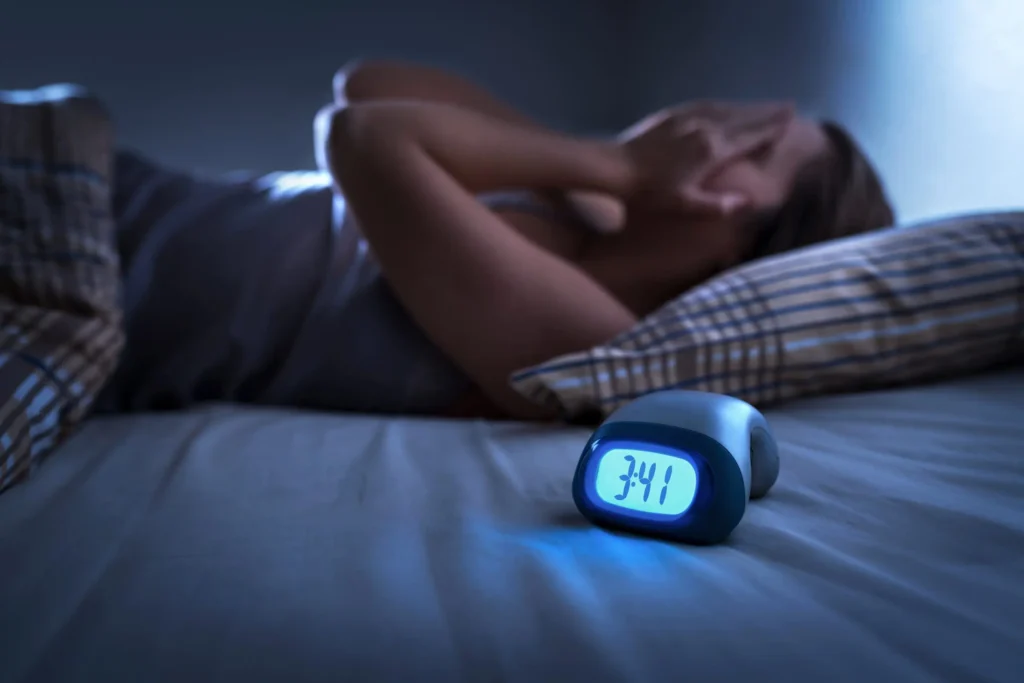Depression has frequently been mentioned as the psychiatric condition that results in a lingering sense of sadness. describing how it impacts how you feel, think, and behave, and how to get rid of it. It can also cause a number of mental and medical issues. We will now talk about postpartum depression, a type of sadness that can impact both male and female new parents and make them feel helpless or hopeless when it comes to their children.
Since it is so well-known, we will examine exactly what it implies and how to get support to fight it if you are at risk for this condition.
What Is Postpartum Depression?
The major depressive condition known as postpartum depression (PPD), commonly referred to as postpartum mood disorder or postpartum anxiety, can affect both men and women. It’s the main reason why childless women experience depression or consider suicide.
Symptoms & Signs Of Postpartum Depression
- If depression is not addressed, it may last for more than two months following childbirth. The symptoms are strong enough to affect your day-to-day activities.
- a lack of interest in taking care of yourself, impatience, and low self-esteem.
issues with concentration, memory, and attention. - Fatigue. There are times when exhaustion is so intense that it is difficult to get out of bed.
- It’s possible for you to experience continual exhaustion or a lack of energy. It’s possible to gain or lose weight without attempting to alter your eating habits.
- being helpless and full of hopelessness.
- becoming unable to fulfill your own obligations, such as taking care of the kids, paying the bills, or doing the laundry.
- Mood swings, such as intense sorrow that lasts longer than two weeks (which might be characterized as a lack of interest in activities you usually enjoy).
- alterations in sleep and eating habits, such as insomnia or sleeping more than normal, as well as changes in appetite (for instance, a desire for sweets). Weight gain or loss may result from this.
What To Do About Postpartum Depression
Here are some suggestions to combat PPD if you believe you may be affected by it:
1. Take Your Normal Prenatal Vitamins

Take your prenatal vitamins as directed. The ones that are advised for delivery during pregnancy also contain iron and folic acid, which are both essential for treating depression.
2. Seek Professional Help

Immediately seek medical attention if a loved one begins to exhibit PPD symptoms during or after pregnancy by getting in touch with a doctor. 5 Consult a mental health professional who can assist you if symptoms continue, or have them recommend you to someone who can.
Talking therapy has been shown to be successful in treating PPD. A helpful method of psychotherapy called cognitive behavioral therapy (CBT) teaches you how to change unhelpful beliefs and behaviors by practicing new routines and discovering more efficient methods to deal with stress and negative emotions.
3. Be Careful Of Sleep Deprivation

Sleep is essential for your health and, in particular, your recovery from PPD. Caffeine and alcohol can also make sleep harder, so if you’re feeling sad, cut back on the caffeine or alcohol.
4. Exercise Regularly

Exercise improves mood and lowers depression through raising serotonin levels in the body. According to research, exercise reduces depression in pregnant women and improves postpartum depression symptoms.
5. Get Out In The Sun

Vitamin D is essential for your mood and ability to cope with depression. It is also a nutrient obtained via exposure to sunshine on all regions of your body, not only your skin. More information on how adequate vitamin D can help you can be found on the page on pregnancy and depression.
Postpartum depression can hit at any time and in any place, but it is treatable. Help is there, and you can get through this if you worked with your doctor and sought expert assistance.


